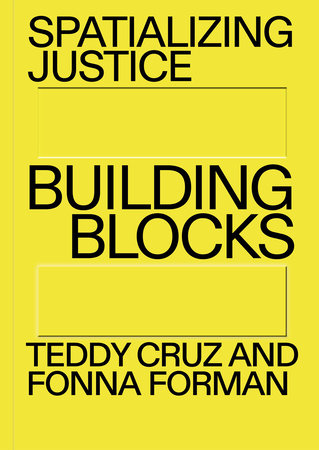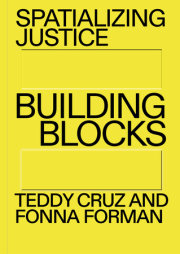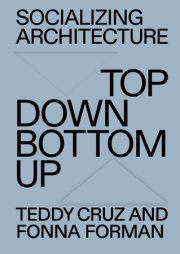Return the Body to Democracy 7
For Michael Sorkin
Building Blocks: An Introduction 13
BUILDING BLOCKS 18
01 Confront Inequality
02 Construct the Political
03 Recuperate Institutional Memory
04 Decolonize Knowledge
05 Radicalize the Local
06 Visualize Urban Conflict
07 Transgress Borders
08 Reimagine Jurisdiction
09 Complicate Autonomy
10 Temporalize Infrastructure
11 Translate the Informal
12 Perform Citizenship
13 Socialize Density
14 Rethink Ownership
15 Resist Privatization
16 Demand Generative Zoning
17 Mobilize Neighborhoods as Political Units
18 Validate Everyday Work
19 Intervene in the Developer's Proforma
20 Co-Develop with Communities
21 Transform Housing Beyond "Units"
22 Transcend Hospitality
23 Democratize Access
24 Activate Public Space
25 Curate New Urban Pedagogies
26 Civicize Platforms
27 Design Meditation
28 Talk to the Enemy Adversary
29 Problematize "Sustainability"
30 Retool Ourselves
Notes 143
Colophon 144









